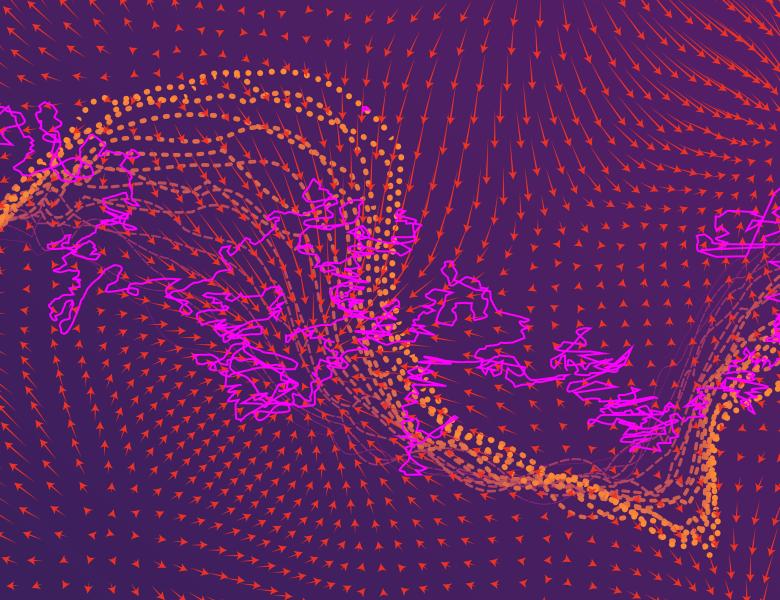
Abstract
We consider the problem of controlling the group behavior of a large number of dynamic systems that are constantly interacting with each other. These systems are assumed to have identical dynamics (e.g., birds flock, robot swarm) and their group behavior can be modeled by a distribution. Thus, this problem can be viewed as an optimal control problem over the space of distributions. We formulate this problem as a modified version of the Schrodinger bridge problem, known as the mean field Schrodinger bridge problem. To numerical solve this problem, we discretize it in space and time, obtaining a nonlinear entropy regularized multi-marginal optimal transport formulation whose cost can be decomposed according to a graph. Combining the recent graphical optimal transport framework and the mirror proximal gradient descent algorithm, we establish an efficient algorithm for our problem in low dimensional setting. One future research direction is to develop a particle-based or learning-based algorithm that is scalable to high-dimensional applications.


